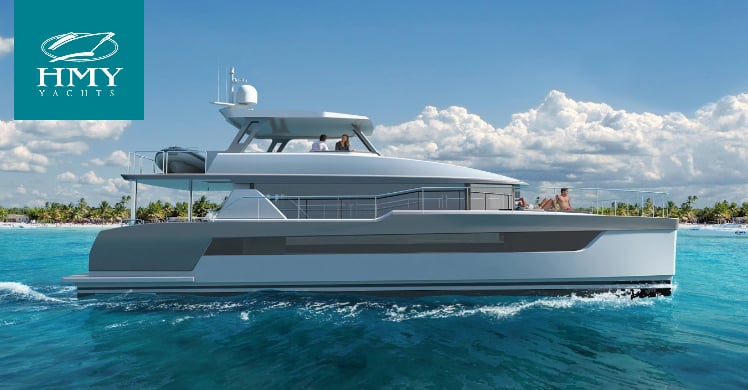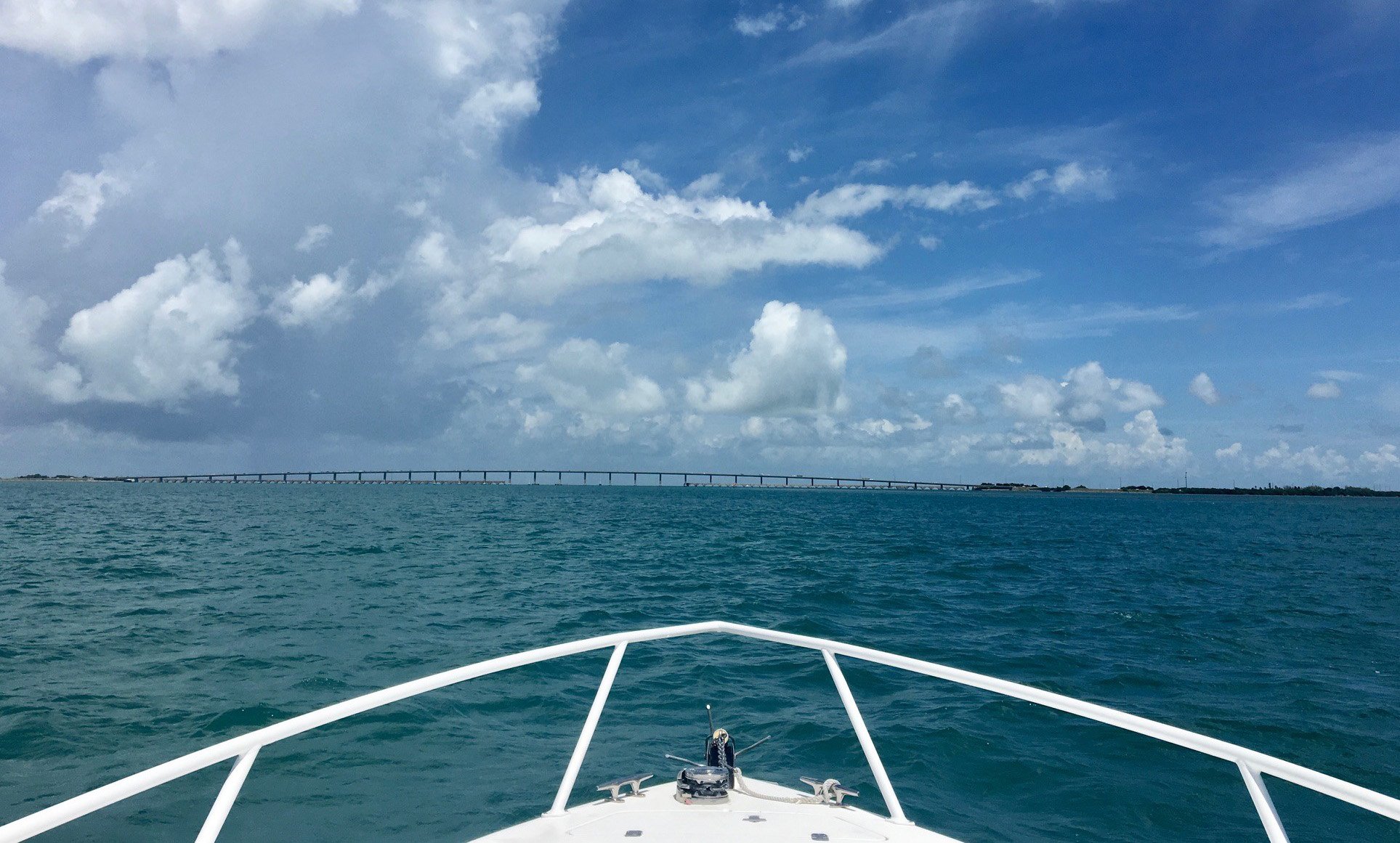
Boating Best Practices
In times of social distancing, boating is a family friendly activity that can provide you with unforgettable memories while ensuring you and your loved ones stay healthy. The industry has seen an explosion in boat sales over the past few months precisely because boating is a fantastic way to enjoy life outside the confines of home with a low risk of virus transmission. Whether you’re new to boating or have been at it for years, it’s always crucial to be prepared for anything when at the helm. We’ve compiled some often overlooked yet important best practices that apply to boating in smaller vessels such as center consoles and other outboards.
Safety Gear Check
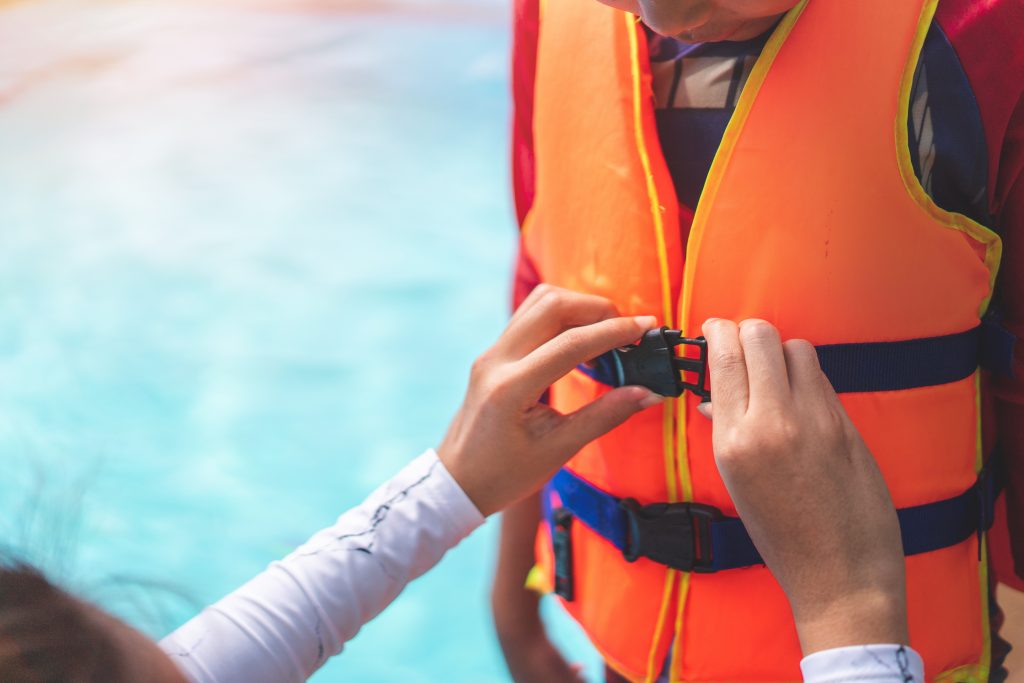
There are a few safety items that you absolutely must have on board your boat at all times. Not only are these items helpful in the event of an emergency but you’ll also have to show them to the Coast Guard or marine patrol if you ever get stopped. Be sure to have enough life preservers for every person on board, up-to-date flares, up-to-date fire extinguishers and a throwable device like a cushion or ring.
While not mandatory, it is highly recommended that all vessels be equipped with an Emergency Position Indicating Radio Beacon (EPIRB) and a life raft.
Anchor Importance
Always have an anchor on board before you leave the docks. If you’re aboard a single engine vessel and it were to stop working, depending on depth, you could toss your anchor out so that your vessel doesn’t drift further into the ocean or into any hazards such as rocks.
Back-Up Navigation
While any newer boat will have a dependable electronics package on board, it is important to be sure your vessel whether new or old is equipped with a compass. If your electronics fail you’ll need to rely on this old school method of navigation, especially if you’re out in the open ocean.
Take A Course
If you are new to boating, it is a wise decision to take an accredited safety course through a local school of seamanship, Boat US, or the Coast Guard.
Boating In The Dark
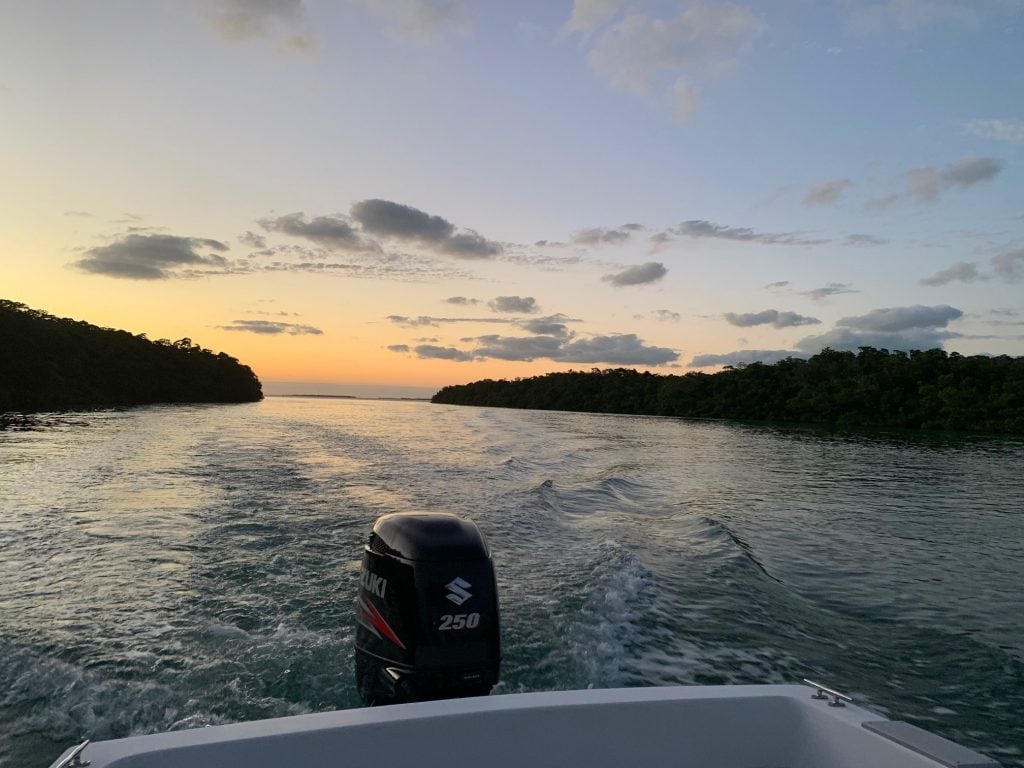
If you find yourself still on the water after nightfall take it slow and steady. No matter how experienced you may be, driving a boat in the dark requires great caution. Have your navigational lights on but all other lights on the boat off and dim your electronics screens. You’ll want your environment as dark as possible so you can better see out on the water. Pro tip: carry a spotlight with you so that you can spot the markers.
Trailer Maintenance
If you launch your center console or outboard boat at a boat ramp chances are you’re trailering it there. Don’t forget to maintain your trailer so that it is street safe. Not only is it supporting your boat but it is also going to be traveling on the road in traffic with other vehicles. Keep tires inflated, regularly inspect for bad wheel bearings, check the lights, and make sure everything is connected.
Dock Lines
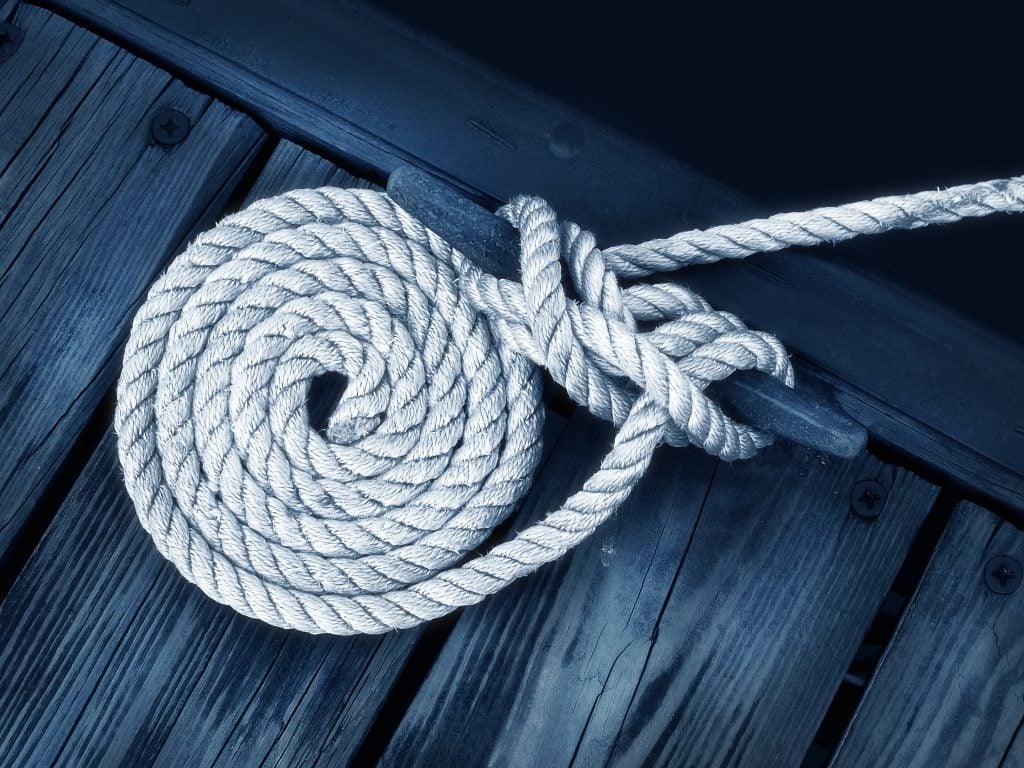
For those just starting out, learn how to properly tie dock lines. It sounds so basic but it’s important to know the correct techniques for a good cleat hitch, tying up alongside a dock and typing up in a slip.
We want you to enjoy your time on the water safely and confidently! Contact HMY Yacht Sales for all of your boating needs this summer 561-510-6200.

